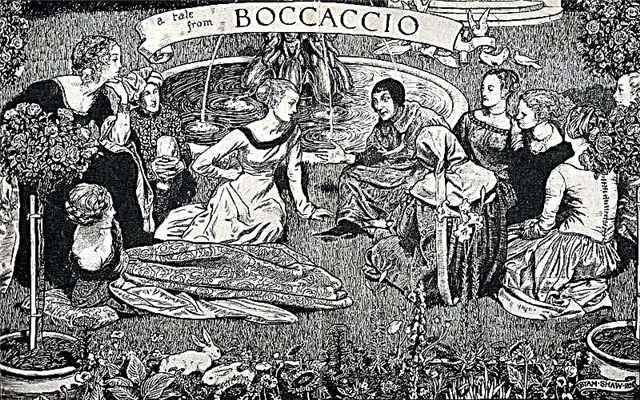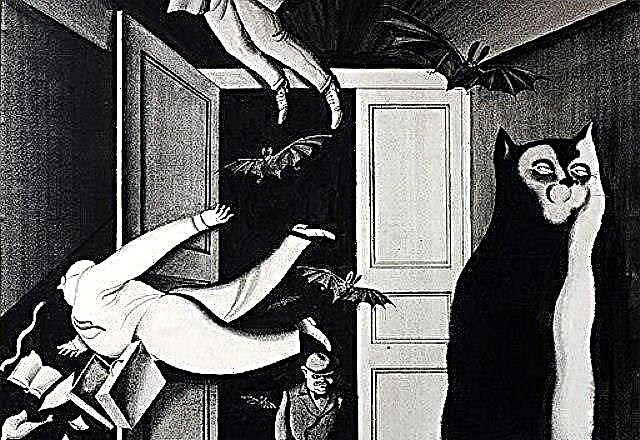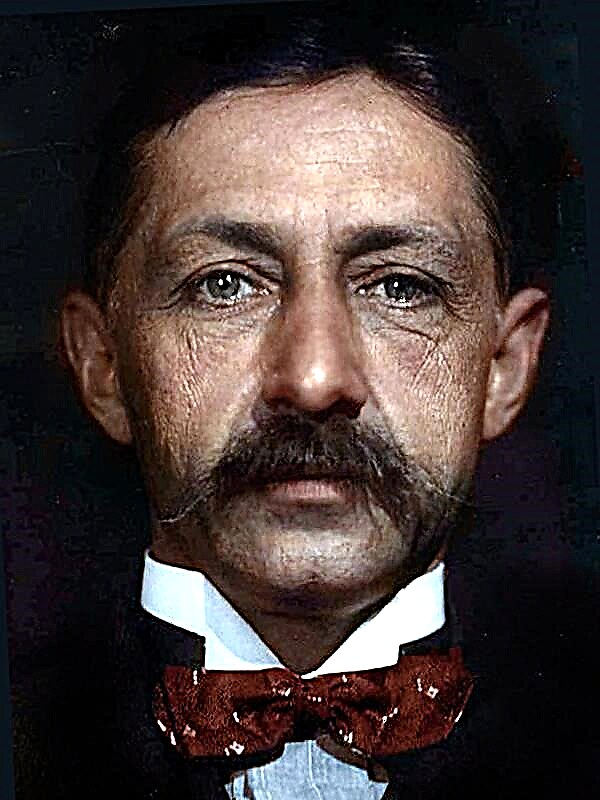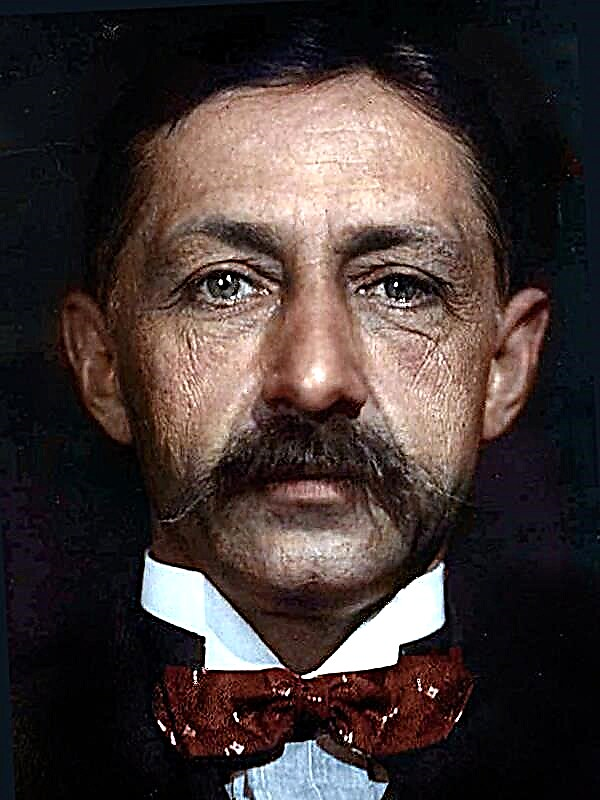Share
Pin
Tweet
Send
Share
Send
In this collection, we have formulated the most common problems from the thematic block “Mercy”, which are commonly found in texts for writing on the exam in the Russian language. Each of them has a separate heading, under which there are literary arguments illustrating this problem. You can also download a table with these examples at the end of the article.
Mercy as a help to man
- Each person needs support, care and attention, especially in difficult circumstances it is so important to know that you can count on someone. In the novel “Crime and Punishment” by Fyodor Dostoyevsky, the main character needed help, because, having committed the murder, he could not recover for so long. Rodion fell ill, had terrible dreams and lived with the thought that sooner or later his crime would be solved. But in relation to him, Sonya Marmeladova showed sensitivity and mercy, learning about his terrible condition. The girl helped the hero not to lose her mind, convinced her to confess and repent. Thanks to the support of Sonya, Raskolnikova ceased to torment her conscience.
- In Leo Tolstoy’s epic novel War and Peace, Natasha Rostova showed mercy to wounded soldiers. The responsive heroine gave the wounded carts that were allotted for the removal of the property of the count's family. The girl also took care of the dying Andrei Bolkonsky. Natasha’s kind heart helped the heroes in difficult times. In difficult circumstances, you understand how mercy is necessary. Indeed, sometimes it is sensitivity and compassion that can really help us out.
- Real mercy is able to help out not only others, but also the person who is sensitive. In the story of Mikhail Sholokhov, “The Fate of a Man,” the main character Andrei Sokolov, having learned that his relatives were dead, remains completely alone. At the end of the story, he meets the lonely boy Vanya. The main character decides to introduce himself as an orphaned child by his father, thereby saving both him and himself from longing and loneliness. The mercy of Andrei Sokolov gave Van and himself hope for happiness in the future.
Indifference and mercy
- Unfortunately, so often instead of mercy we are faced with the indifference of others. In the story of Ivan Bunin, “The Master from San Francisco,” not even the name of the protagonist is mentioned. For people who sailed with him on the same ship, he remains a master - a man who only gives orders and receives the results of their implementation for his money. But the reader notices how attention and fun instantly give way to indifference, according to how they treat the lifeless body of the hero. In moments when his wife and daughter need mercy and support, people ignore their grief, without giving any importance to this.
- Indifference we meet in one of the most controversial characters in Russian literature - Gregory Pechorin. The protagonist of Lermontov’s novel “A Hero of Our Time” is now experiencing interest in others, now remains indifferent to their suffering. For example, he loses interest in Bela abducted by him, sees her confusion, but does not try to correct his own mistake. Most often, it is precisely at those moments when the characters need his mercy and support that Pechorin turns away from them. He kind of analyzes his behavior, realizing that he only does worse, but forgets to pay attention to others. The fate of many of his acquaintances is sad because of this, and yet, if Gregory more often showed mercy, many of them could become happier.
- Mercy can really save many, and literature confirms this idea. In the play “Thunderstorm” by Alexander Ostrovsky, Katerina’s mother-in-law does not take Kabanikh’s mother-in-law well, and the husband of the main character does not intercede for her wife. From loneliness and despair, the young woman secretly goes on dates with Boris, but then still decides to confess this to her husband in the presence of his mother. Not meeting understanding and mercy, the girl realizes that she has nowhere to go, so she decides to throw herself into the water. If the heroes showed mercy to her, she would have remained alive.
Empathy as a positive trait
- Such a trait as mercy often speaks of a person as a whole. If the hero can feel compassion and support others, most likely, in front of you is a positive character. In Denis Fonvizin’s comedy “Undergrowth,” the characters are strictly divided into negative (Prostakov, Mitrofan, Skotinin) and positive (Pravdin, Sophia, Starodum, and Milon). Indeed, during the duration of the play, none of the uneducated and rude feudal landlords shows compassion and mercy, which cannot be said about honest and intelligent noble intellectuals. For example, in the final scene, Mitrofan rudely repels his mother, who did everything for his well-being. But Sophia receives unexpected help from Starodum sympathetic to her.
- Remembering the story of Poor Lisa by Nikolai Karamzin, the reader will be negatively tuned to Erast, because of whom the main character drowned. For Lisa, feelings are the most important thing, so she can’t stand the news that her beloved is engaged to a rich widow. The girl takes everything to heart, she is capable of mercy, because her whole life has been devoted to a sick mother in need of care. But her rich inner world was not truly appreciated by Erast. The heroine becomes sorry, we understand how pure the soul of Lisa in love was.
Mercy as a Sacrifice
- Many literary heroes show mercy not only in words, but also perform any actions. This is exactly what the main character of Mikhail Bulgakov’s novel “The Master and Margarita” does, when she spends her well-deserved desire from Woland not to return her beloved, but to help Frida, whom she met at Satan's ball. Margo was imbued with the girl’s grief and proves that her compassion is not limited to experiences. Therefore, Margarita thinks that Frida will never be reminded of her strangled child. From now on, a woman will not be given a scarf, but all because the mistress of the Spring Ball heroically showed sensitivity and mercy.
- Mercy means willingness to help people with words, actions, and sometimes even victims. In the story of Maxim Gorky, “The Old Woman Izergil”, the image of Danko, who showed concern for the people, immediately stands out. Just so that people would not surrender to the enemy and were able to get out of the dark forest, Danko tore his chest, took out his heart from there and illuminated the way for the villagers, not paying attention to the reproaches. The love of humanity and the mercy of the hero helped the tribe to overcome all obstacles on the way, and Danko himself died, but in the last minutes he was truly happy.
- Mercy can be expressed in different ways: in words and in deeds. In the novel “The Captain's Daughter” by Pushkin, Pyotr Grinev gives an unknown Cossack a sheepskin coat, and then the reader realizes that the hero’s courtesy later saved him from the gallows. In fact, the Cossack is Pugachev, who has not forgotten the help of the main character, therefore he also goes to charity in response: gives life to both Peter and his bride. Obviously, this quality not only saves people, but also makes them better, because it is transmitted from one to another.
The need for empathy
- Charity will always be appreciated, especially if it manifests itself in difficult circumstances. Recall the story of Alexander Solzhenitsyn "Matrenin Dvor." Before us is a heroine with a difficult fate, but a bright soul. Her husband did not return from the war, the children died young, and she was sick and lived alone. Nevertheless, Matryona always showed mercy to others, even in the harsh conditions of totalitarianism. During life, they did not understand her, but after death, the man who, being a storyteller, lived at her house and described her life and disposition, realized the crucial social role of this woman. “There is no village without a righteous one,” he wrote, determining the importance of a responsive old woman for the entire settlement. He immortalized her image in his story.
- Even in Lermontov’s love lyrics, one can observe the motive of mercy, or, rather, its absence in a cruel world. In the poem "Beggar" the author, of course, writes about feelings that remain "deceived forever." However, Lermontov compares this condition with the situation of a beggar asking for only a piece of bread. In relation to the poor man, not a drop of mercy was shown, but only a stone was put "in his outstretched hand." Like the lyrical hero, the beggar, help and compassion were needed, but both of them met only with the cruelty of those around them.
Share
Pin
Tweet
Send
Share
Send












